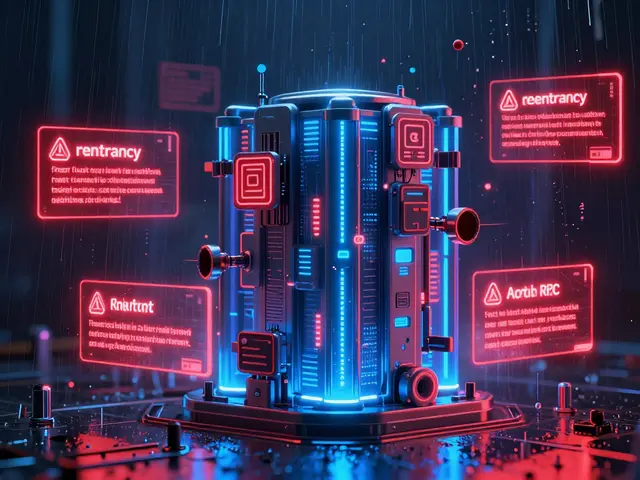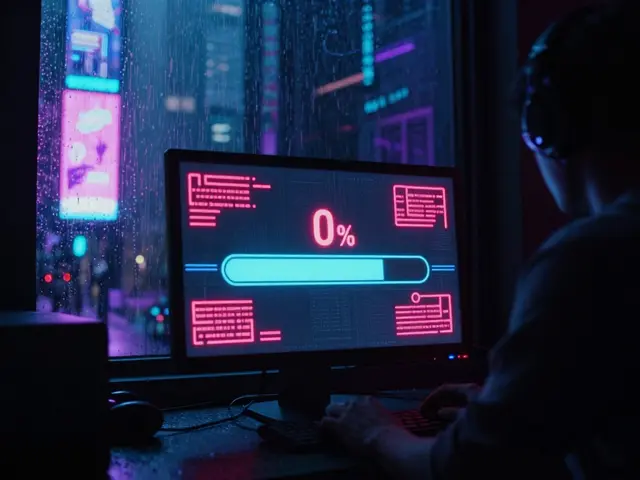NFTLaunch token: What it is, why it matters, and what you need to know
When you hear NFTLaunch token, a cryptocurrency tied to an NFT marketplace or launch platform. Also known as NFT launch token, it’s meant to give users access to new NFT drops, voting rights, or discounts on minting fees. But here’s the catch: most tokens like this have no real utility, no team, and no roadmap. They’re created to attract hype, not to build something lasting.
Many of these tokens show up in fake airdrops — like the ones claiming to be from 1MillionNFTs or Velas — where scammers promise free coins to steal your wallet keys. NFT airdrop, a free distribution of tokens to wallet holders sounds great until you realize the project never existed. Then there’s tokenized assets, real-world items like stocks or art represented as blockchain tokens — those are different. They’re backed by actual value, not just marketing. NFTLaunch token? Usually, it’s not one of those.
Look at the posts below. You’ll see stories about fake NFT claims, abandoned tokens like EZY, and scam projects like TigerMoon and Apple Network. They all follow the same pattern: big promises, zero transparency, and a dead website within months. The NFTLaunch token you’re seeing today might be tomorrow’s ghost. That’s why audits, team verifications, and real trading volume matter more than a flashy website. If no one’s talking about who built it, or if the contract hasn’t been checked by a trusted auditor, walk away.
There’s a reason people are losing money on these tokens. It’s not because they’re too smart for crypto — it’s because they’re being tricked by copy-paste scams that reuse the same graphics, whitepapers, and Telegram groups. Real NFT platforms don’t need to give away tokens just to get attention. They build communities, deliver products, and earn trust over time. The ones that don’t? They’re just selling dreams — and your private keys.
Below, you’ll find real breakdowns of what’s happening in the NFT space — the scams, the dead projects, the hidden risks. No fluff. Just what you need to spot a fake before you click "claim".




